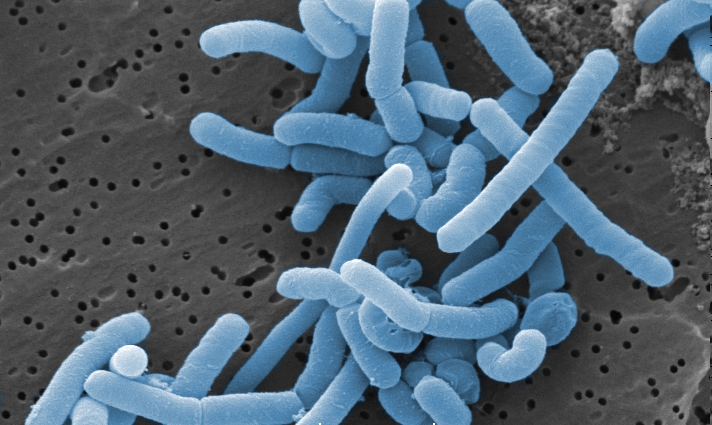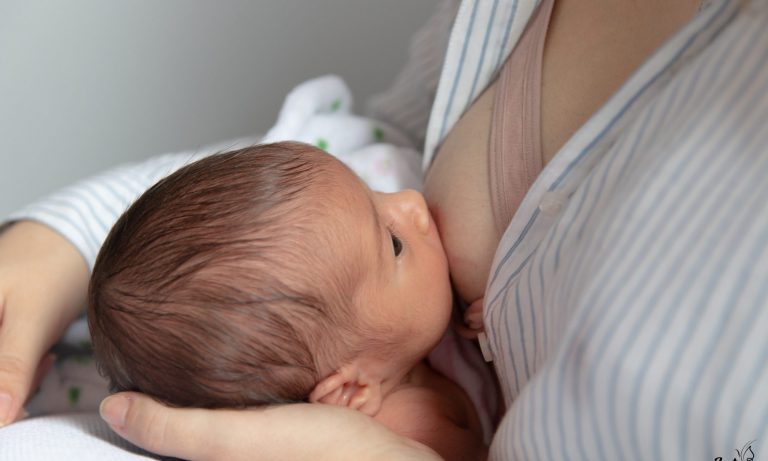Association between fetal microbiota, prematurity and morbidities of premature newborns
Renato Procianoy / Luiz Fernando Roesch
Project name
About
The study aimed to identify the relationship between the set of microorganisms (microbiome) in pregnant women and their newborns and to map changes that can trigger premature birth and other complications in babies born before 37 weeks.
How was the experiment
The team collected fecal samples, vaginal swabs and the first meconium (first feces) from the newborns from 123 mothers of full-term babies and 490 mothers of premature babies. During the hospitalization of premature infants, the researchers also collected 250 stool samples to monitor changes in the microbiome. Out of a total of 740 samples, 613 were processed and had their rRNA — responsible for forming protein-synthesizing ribosomes — sequenced to identify the microorganisms present. The bacteria, Citrobacter koseri, which can cause meningitis, and Klebsiella pneumoniae, linked to hospital infections, were found in large quantities. The team also identified changes in the interaction between bacterial communities. A number of factors during hospitalization may have contributed to these changes: the neonatal ICU environment, feeding or medical interventions, such as the use of antibiotics. The microbial genera most strongly associated with neonatal sepsis were: Paenibacillus, Caulobacter, Dialister, Akkermansia, Phenylobacterium, Propionibacterium, Ruminococcus, Bradyrhizobium and Alloprevotella.
Main results
The average proportion of Escherichia and Clostridium species, capable of causing infection, was always higher among babies who received commercial formula as compared to those who received breast milk only.
Why is it innovative
This is the first research in Brazil to evaluate the possible associations between the maternal and fetal microbiome and their relationship to birth outcomes and complications for the baby’s health, such as necrotizing enterocolitis and sepsis. The survey also found variations in the microbiome with respect to feeding during the first 28 days. Exclusive breast milk feeding establishes a much more diverse, varied and healthy microbiota than what is obtained with mixed feeding with commercial formulas.
Problem that solves
Understanding the factors that lead to prematurity can help to prevent it. According to a survey by the São Paulo Center for Health Economics at the Federal University of São Paulo (UNIFESP), between 2009 and 2011, the average cost of a 51-day hospitalization for premature babies was R$25,389.84 per child. Given that approximately 300,000 babies are born prematurely every year in Brazil, premature births would cost approximately R$8 billion per year.
Implications for the brazilian health system
Comprehending the interactions between the mother’s and baby’s microbiomes and changes during the first days of life contributes to a better understanding of the factors that trigger premature birth and complications during the first days of life.
Implications for global health
The same for Brazilian health system.
Next steps
The researchers will use the collected material for a second phase of analysis. The idea now is to investigate which factors of the maternal microbiome may be related to the development of necrotising enterocolitis in babies. They also intend to confirm the relationship between the maternal and neonatal microbiota and the onset of pre-eclampsia.
Published studies
- The vaginal microbial communities of healthy expectant Brazilian mothers and its correlation with the newborn’s gut colonization - 10/2019
- Defining microbial biomarkers for risk of preterm labor - 07/2019
- Influence of own mother’s milk and different proportions of formula on intestinal microbiota of very preterm newborns - 05/2019
- Meconium microbiota predicts clinical early-onset neonatal sepsis in preterm neonates - 11/2018
- Low Microbial Diversity and Abnormal Microbial Succession Is Associated with Necrotizing Enterocolitis in Preterm Infants - 11/2017
- Diversity and composition of vaginal microbiota of pregnant women at risk for transmitting Group B Streptococcus treated with intrapartum penicillin - 02/2017
Article about the project
Bacteria inherited from the mother can trigger or aggravate problems in newborns
Related projects

Premature live births in São Paulo: a spatial approach

Influence of the vaginal microbiome and vaginal metabolites in cervical remodeling and preterm delivery



